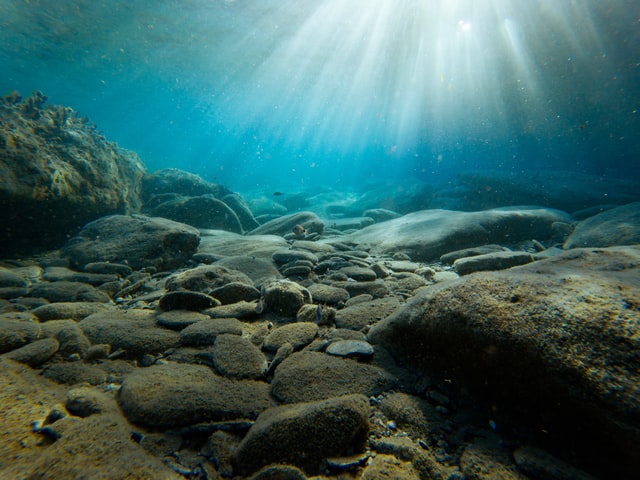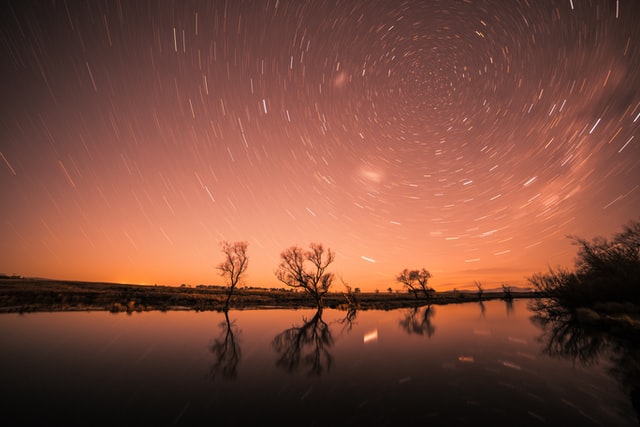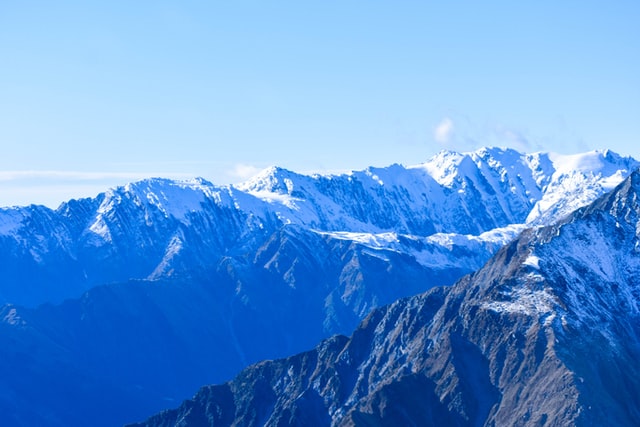
- Sustainable Planet -
- 6mins -
- 176 views
United Nations new landmark framework will integrate ‘natural capital’ in economic reporting
The UN’s new framework recognises that ecosystems deliver important services that generate benefits for people — in essence, they are assets to be maintained and cared for, similar to any economic assets.
Landmark framework to integrate natural capital in UN’s economic reporting
In a move that may reshape decision and policy-making towards sustainable development, the United Nations adopted a new framework that includes the contributions of nature when measuring economic prosperity and human well-being.

Measure will ensure that natural capital is recognised in economic reporting
The new framework — the System of Environmental-Economic Accounting—Ecosystem Accounting (SEEA EA) — was adopted by the UN Statistical Commission and marks a major step forward that goes beyond the commonly used statistic of gross domestic product (GDP) that has dominated economic reporting since the end of World War II. This measure would ensure that natural capital—forests, wetlands and other ecosystems—are recognised in economic reporting.
Experts emphasise that while a statistic such as GDP does a good job of showing the value of goods and services exchanged in markets, it does not reflect the dependency of the economy on nature, nor its impacts on nature, such as the deterioration of water quality or the loss of a forest.
UN Secretary-General António Guterres welcomed the adoption of the new economic and environmental framework. “This is a historic step forward towards transforming how we view and value nature. We will no longer be heedlessly allowing environmental destruction and degradation to be considered economic progress.”
Source: UN.org

2020 was one of the three warmest years on record
The new framework can also underpin decision-making at two crucial conferences later this year—COP15 on Biodiversity in Kunming and the Glasgow Climate Conference, COP 26.
According to a new UNEP report, “Making Peace with Nature,” the global economy has grown nearly fivefold over the last 50 years, largely due to a tripling in extraction of natural resources and energy that has fuelled growth in production and consumption.
Over the same time, the world population has increased by a factor of two, to 7.8 billion people, and though on average prosperity has also doubled, about 1.3 billion people still live in poverty and some 700 million are hungry.
“This is a major step forward,” said Inger Andersen, UNEP Executive Director. “The new framework can be a game changer in decision-making. By highlighting the contribution of nature, we now have a tool that allows us to properly view and value nature. It can help us bring about a rapid and lasting shift toward sustainability for both people and the environment.”
The adoption comes at a time when climate change continues its relentless march and the world is on track to reach new highs of warming, climbing to at least 3°C above pre-industrial levels by 2100.
According to the World Meteorological Organization, 2020 was in a dead-heat to be one of the three warmest years on record, and 2011-2020 was the warmest decade on record, with the warmest six years all being since 2015.
And the loss of biodiversity and ecosystem integrity, together with climate change and pollution will undermine our efforts on 80% of the Sustainable Development Goal targets. Continued below…
Source: UN.org

a step towards sustainable development
And yet countries continue to make decisions on the economy without consideration to environmental impacts. Governments are still directing more than US$5 trillion in annual subsidies to fossil fuels, non-sustainable agriculture and fishing, non-renewable energy, mining, and transportation.
“As governments to the Convention on Biological Diversity get ready to agree and implement a framework that will recraft our relationship with nature, this new framework will provide an impetus for an accurate accounting of the value of biodiversity” says Elizabeth Maruma Mrema, Executive Secretary of the Convention on Biological Diversity. “In so doing, it is a step towards sustainable development.”
The new framework recognises that ecosystems deliver important services that generate benefits for people. In essence, they are assets to be maintained, similar to economic assets. For example, forests play a role in providing communities with clean water, serving as natural water filters with trees, plants and other characteristics, such as soil depth, that help absorb nutrient pollution like nitrogen and phosphorous before it can flow into streams, rivers and lakes.
More than 34 countries are compiling ecosystem accounts on an experimental basis. With the adoption of the new accounting recommendations, many more countries are expected to begin implementing the system, though a significant number of countries will require assistance and additional resources for statistical data collection.
Information on the new framework can be found here.
Source: UN.org

Heard about True Price?
True Price is a Netherlands-based social enterprise with the mission to realise sustainable products that are affordable to all by enabling consumers to see and voluntarily pay the true price of products they buy.
They envision a world where all products are sold for a true price. If a product is sold for a true price, then no damage is done to people or to nature: it is fully sustainable. If all products are sold for a true price, then the global economy is sustainable.
They outline the philosophy behind their vision in the True Price Manifesto. They say they are working towards this vision by developing and releasing open-source methodology documentation.
The mission of True Price is to realise sustainable products that are affordable to all by enabling consumers to see and voluntarily pay the true price of products they buy.
In 2012, True Price was founded and in the subsequent years developed into world leading expert in methods and tools to measure and monetise societal impact.
It calculated the true price of dozens of products around the world and saw a growing appetite for the idea among companies, governments and consumers. In 2018, they felt that the time was right to focus on realising true pricing, a system where consumers and businesses can see, improve and voluntarily pay the true price of their products.
Source: TruePrice.org

TRUE PRICE METHOD: a 3-step process
How is a true price calculated?
True Price applies tested methodologies for impact measurement and valuation to calculate the external costs throughout the supply chain. This is a standardised 3-step process, which is applicable across all sectors and regions.
Three steps of impact measurement and valuation
- True Price build impact pathways and databases to capture all relevant externalities based on a combination of data available at our clients and own research.
- The impact database provides input for quantitative impact measurement. The result is an overview of the environmental and social footprint of the commodity under investigation.
- Impact is monetised using objective and standardised valuation models.

